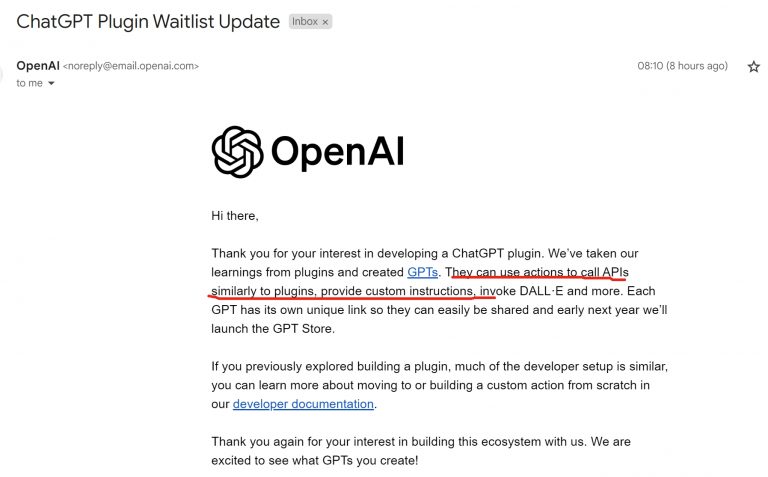Today, we're diving into a groundbreaking research paper that explores the potential impacts of Generative Pre-trained Transformers (GPTs) on the labor market. This study is a fascinating blend of in-depth analysis and insightful predictions, focusing on how LLMs like GPT-4 might shape various job sectors.
Authored by Tyna Eloundou, Sam Manning, Pamela Mishkin, and Daniel Rock, offers an in-depth analysis of how large language models (LLMs) like GPT-4 could impact the U.S. labor market.
It explores the alignment of jobs with GPT capabilities and presents findings on potential shifts in various job sectors due to LLM integration.
The study highlights that a significant portion of the U.S. workforce could have their tasks influenced by LLMs, affecting jobs across all wage levels.
I will now proceed to create a visual representation of the key data and information from this paper.
Here are the visual representations of the key data and authorship information from the research paper:
Key Findings
| Category |
Percentage |
Details |
| Workforce Tasks Affected |
80% |
Approximately 80% of U.S. workforce tasks could be influenced by LLMs. |
| Workers with ≥50% Tasks Impacted |
19% |
Around 19% of workers may see at least 50% of their tasks transformed. |
| Impact Across Wage Levels |
All Wage Levels |
Impacts span all wage levels, with higher-income jobs potentially facing greater exposure. |
The researchers used a novel approach to assess how jobs align with the capabilities of GPTs. Astonishingly, they found that around 80% of U.S. workforce tasks could be influenced by the advent of LLMs, with about 19% seeing a significant portion of their tasks potentially transformed.
The study doesn't just stop at predictions. It delves into the nuances of wage levels, skill importance, and the barriers to entry in various jobs, offering a comprehensive view of how LLMs might redefine the job market.
This research doesn't claim that LLMs will replace jobs wholesale. Instead, it suggests a nuanced future where tasks across all wage levels could see shifts in efficiency and execution due to these advanced AI models. From high-income roles to entry-level positions, the ripple effect of LLMs seems to be wide and varied.
As we at gptsaregpts.com digest this insightful paper, it's clear that the future of work in an AI-driven world is not just about displacement but transformation and evolution. Stay tuned as we continue to explore and discuss the ever-evolving landscape of generative AI and its impact on our lives!

